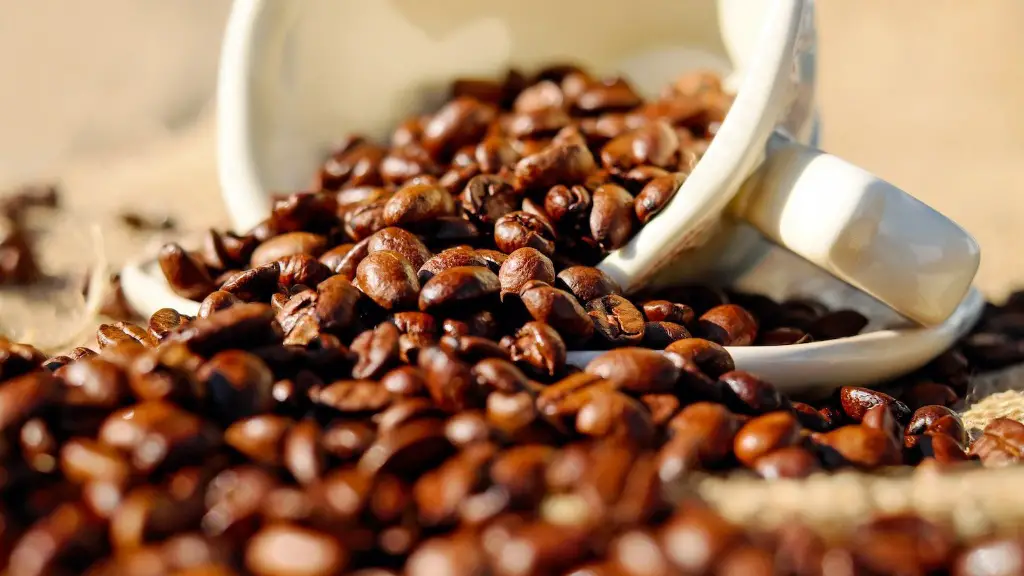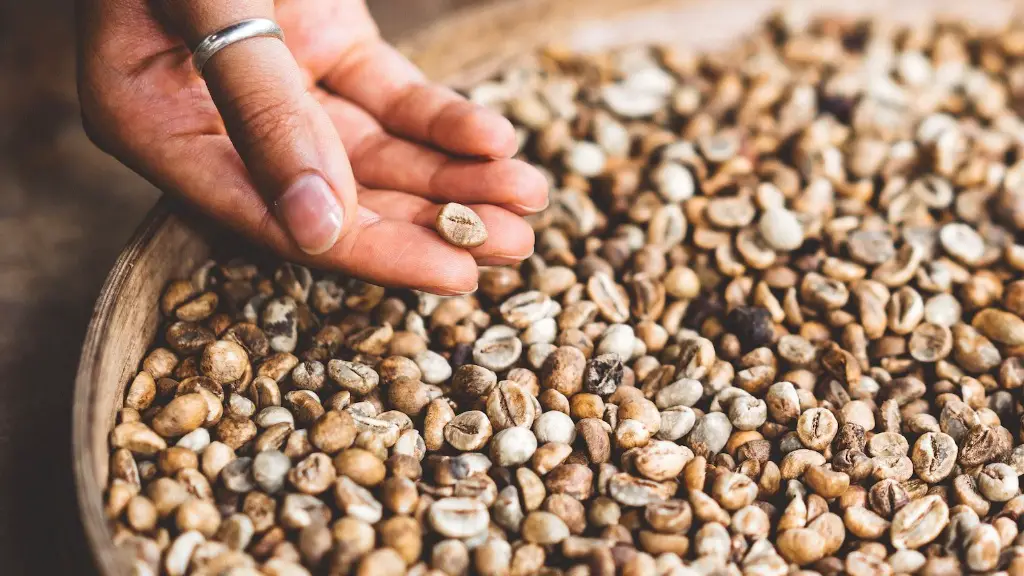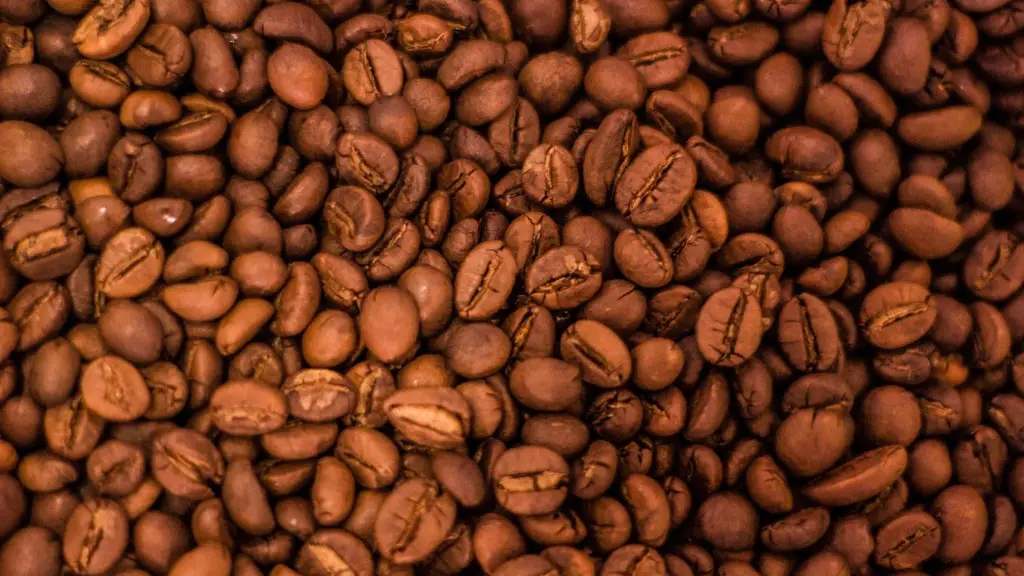Can I Drink Coffee In Intermittent Fasting?
Most of us enjoy a cup of coffee to start the day – but can we still drink coffee while following an intermittent fasting plan? And if so, what is the best way to go about it?
Intermittent fasting is an eating pattern that cycles between periods of fasting and eating. While most plans are built around meal timing, there are still adjustments to be made to optimize nutrient intake. This can include adjusting portions, meal frequency, and drinks consumed during the period of fasting.
Coffee and Intermittent Fasting: Yes or No?
Water and non-caloric beverages usually top the list of what to drink while fasting. This includes coffee, although it should be made without milk, as this will disrupt the fast due to its calorie count. Black coffee also contains caffeine, which is known to possess mild hunger suppressing properties and can help reduce feelings of fatigue during fasting.
What’s more, coffee is not only headache-friendly but it also offers essential minerals, including potassium and magnesium. Drinking a cup of black coffee has also been linked to a few health benefits such as improved cognitive function and better physical performance.
However, according to most experts, the longer you fast, the more you should start limiting coffee intake. As with anything, it is important to consume coffee in moderation, as too much can lead to nervousness, irritability, and sleep problems.
Should I Be Tracking Coffee Intake When Intermittent Fasting?
Yes, you should pay attention to the amount of coffee (and other items) you uncover during fasting to make sure you don’t break the fast. While black coffee usually contains only a few calories, specialty coffees can add up quickly – some varieties can easily contain up to 400 calories.
Are There Any Benefits To Drinking Coffee While Intermittent Fasting?
Yes, there are several health benefits associated with drinking coffee while intermittent fasting. For one, it can help to reduce hunger, which is a common problem people face when they are fasting. In addition, coffee can also provide valuable antioxidants that help to protect the body from diseases, as well as improve cognitive function and physical performance.
Coffee can also increase one’s metabolism and help to burn fat more effectively. As such, drinking coffee can help make it easier to stay in a caloric deficit and lose weight.
Can Anything Else Be Consumed While Fasting?
Yes, there are other beverages that can be consumed during an intermittent fasting period. Tea is one of them, and various green tea options can also help to boost your metabolism, and even trigger fat burning.
Drinking unsweetened almond milk or unsweetened coconut water can also be useful. Both contain some beneficial nutrients and are hydrating, but do not contain any calories or sugar. What’s more, these options can help keep the body hydrated, which is essential for overall health.
What Else Should I Know About Intermittent Fasting?
The most important thing to remember when intermittent fasting is to get the right balance. While it is important to keep calorie consumption low, it is also important to get all the nutrients you need to stay healthy. And while drinking coffee can help with hunger, it should not be used as a replacement for real meals.
When it comes to intermittent fasting, there is no one-size-fits-all approach. It is important to tailor the plan to the individual’s needs and goals, and to consult with a healthcare professional when starting the fasting period.
How Can I Make Fasting More Enjoyable?
Intermittent fasting may not be enjoyable for everyone, as it means depriving the body of food for a certain amount of time. But there are some ways to make it more enjoyable, such as drinking coffee to reduce hunger, engaging in activities that take the mind off food, and eating nutritious meals when the fasting period is over.
Combining the practice of intermittent fasting with healthier eating habits in general can help to reduce food cravings and increase energy levels. And lastly, don’t forget to drink plenty of water to keep the body hydrated while fasting.
What Diet Changes Can I Make To Maximize Results?
There are several diet changes that can be made to help maximize the results of intermittent fasting. The most important one is to ensure that calorie intake is reduced during the fasting period. This can be done by switching to smaller portion sizes, eating healthier whole foods, avoiding processed foods, and reducing snacking.
In addition, it is beneficial to include protein in each meal and snack, as this helps to provide the body with essential amino acids. Also, foods like yogurt, oats, nuts, and seeds can be useful, as they also provide valuable nutrients.
What Should I Consider When Choosing An Intermittent Fasting Plan?
When choosing an intermittent fasting plan, it is important to consider your lifestyle and goals. Some of the most popular plans involve skipping meals once or twice a day, eating all meals within a small window of time, or fasting for extended periods of time.
No matter which plan you choose, it is important to focus on getting the right balance of nutrients. Timing meals appropriately, incorporating a variety of healthy foods, tracking calorie intake, and reducing processed foods can all help to optimize results.
What Is A Good Way To Measure Progress?
One of the best ways to measure progress is to track your energy levels, hunger, and mood. If any of these aspects improve, then the fasting plan is likely working for you. In addition, tracking body measurements is also useful, as it can help to determine whether or not the fasting plan is leading to changes in body composition.
It is also important to track calories consumed, as this can help to ensure that the fast is kept. Lastly, if desired, tracking biweekly weight can help to determine if changes are happening in terms of body fat.


